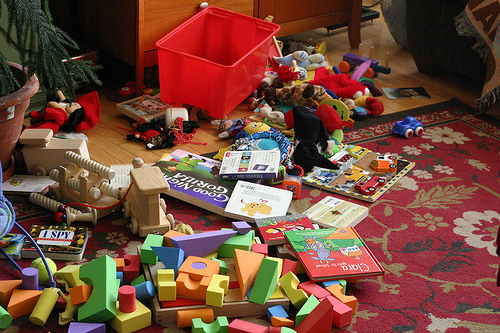My children have bad eating habits; how can I fix this problem?
 Question: My children do not eat the useful food I serve at home. They like the foods of the restaurants, chocolates, and sweets. This harms their healths. What would you suggest for me to do?
Question: My children do not eat the useful food I serve at home. They like the foods of the restaurants, chocolates, and sweets. This harms their healths. What would you suggest for me to do?
The answer: In general, our societies have incorrect alimentary cultures. Even what mothers serve at home lacks the required elements of nutrition. Moneys and efforts are spent for the taste and pleasure of food in their mouths. Most people do not care how useful or harmful to their bodies the food that they eat is.
As for eating in restaurants, it is reprehensible, as in the Islamic traditions and as some Ulama’ think. They consider it as eating in the roads or some other sort of suspicious eating. I think that this is not absolutely right, because there are restaurants whose owners care for the legal and health aspects. Besides, eating in restaurants cannot be said to be eating in the roads.
However, it is not recommended to have meals at restaurants often and always, as is customary in our present societies and (lazy) families.
You should read books about serving healthy foods and consult with a specialist doctor to determine the proper diet for the family. You would be better off using a lot of legumes in your foods besides vegetable oils, especially olive oil.
You should replace chocolates and sweets with fresh fruits. Vegetables should always be eaten with the meals. Nuts, such as pistachios, hazelnuts, and almonds, are important for the body besides honey and milk, which are among the basic elements of food for the family.
You should follow attractive manners in inviting your children to the meals served at home. Explaining the advantages and disadvantages of foods has a great effect on children and makes them decide whether or not to accept those foods. Parents can play an important role in attracting their children towards the home-cooked foods when they themselves eat these foods. Of course, children always imitate their parents.
One should eat food only when he feels hungry, and he should not eat excessively more than his need. Allah says, (…eat and drink and be not extravagant) , and the Prophet (S) said, ‘we are a people, who do not eat until we feel hungry, and when we eat, we do not satiate ourselves (we do not eat excessively)’.
FOR A BETTER FUTURE





